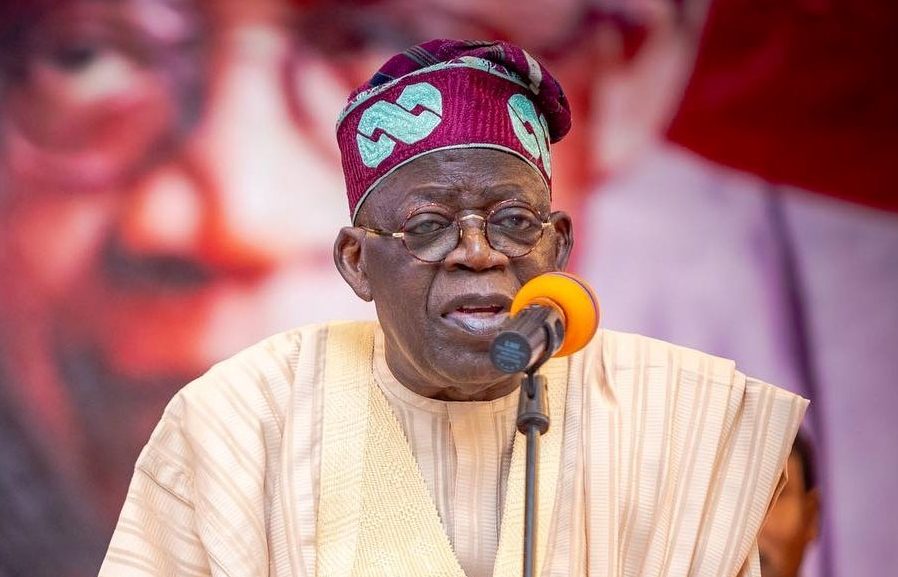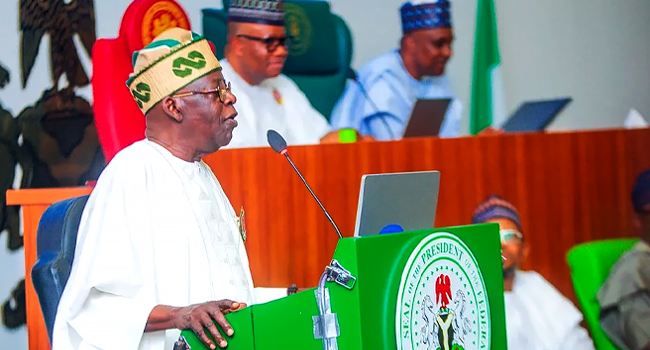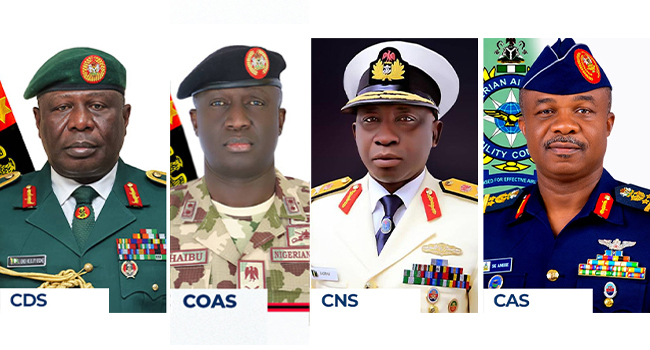The Federal Government says the 2025–2035 National Livestock Growth Acceleration Strategy (NL-GAS) is projected to raise the livestock sector’s contribution to Nigeria’s GDP from $32 billion to $74 billion within a decade.
The Minister of Livestock Development, Dr. Idi Maiha, disclosed this on Wednesday in Abuja during the Donor and Partnership Workshop on Livestock Development in Nigeria.
Maiha described the NL-GAS as a comprehensive, market-driven, and private sector-led roadmap designed to accelerate sustainable growth in the livestock industry.
The workshop, themed “Strengthening Strategic Partnership for Livestock Transformation,” brought together development partners, donors, and government officials to mobilise support for the plan’s implementation.
According to the minister, the target is achievable given the strong political will and private sector participation underpinning the initiative.
“It is achievable and exciting. We are not scared; we can do it for this country,” he said.
“Your presence here today reflects a shared belief in Nigeria’s potential and in the power of collaboration to drive transformation.”
Maiha noted that President Bola Tinubu established the Ministry of Livestock Development in 2024 to reposition the sector as a driver of inclusive growth, food security, climate resilience, and economic diversification.
He added that the initiative aligns with Nigeria’s ambition to build a $1 trillion economy by 2030, with livestock expected to contribute $74 billion by 2035.
The NL-GAS, approved by the National Economic Council (NEC), is anchored on 10 strategic pillars, including livestock value chain development, animal health, feed and fodder production, water resource management, extension services, peacebuilding, finance and insurance, infrastructure, waste management, and youth and women empowerment.
Maiha emphasised that empowering women and youth is central to doubling the national herd, boosting productivity, and positioning Nigeria as a global supplier of quality animal protein.
Representatives from development partners, including the European Union (EU) and the Food and Agriculture Organization (FAO), reaffirmed their commitment to supporting Nigeria’s livestock transformation agenda.
The EU’s Temitayo Omole said the bloc prioritises interventions in animal health, genetics, breeding, and feed production, while the FAO’s Dr. Hussein Gadain highlighted ongoing support in disease control, breeding initiatives, and rural livelihoods.
Gadain described the livestock industry as vital to food and nutrition security, providing employment for millions and contributing significantly to the fight against malnutrition.
“Livestock remains a major source of protein and income for rural households,” he said, adding that the FAO continues to promote the One Health approach to prevent zoonotic diseases.








